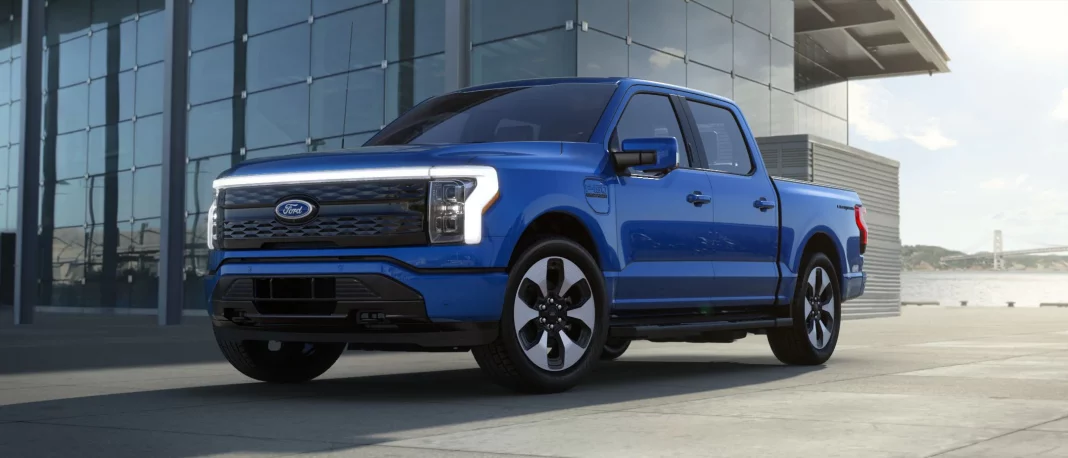On Monday, Rivian Automotive’s stock prices were bleeding red once again. Pre-market trading saw the startup EV truck maker’s price hovering around $25 per share, down more than 12% from Friday’s close. That’s due almost singlehandedly to Ford’s announcement on Saturday that they were selling 8 million Rivian shares. Another block of 13 to 15 million shares was also expected to be sold in the near term by JP Morgan.
Since Jan 1, Rivian stock price has shrunk by more than 75% and is trading at less than 20% since it spiked to nearly $180 per share after the initial IPO. The sell-off comes as shares locked up by the initial IPO are freed up. Investors are becoming wary as Rivian has revised its 2022 production to just 25,000 units, down from the 40,000 analysts previously expected.
Lordstown Motors loses ground
Scaling production has been a feat that Rivian hasn’t been successful with yet, but they’re not the only EV startup facing an uphill battle. Lordstown Motors Corp announced their Q1 2022 results on Monday, showing a $90 million loss on the books. The Endurance pickup has not launched yet and has been bumped back to H2 2022. That was compounded by an update from Lordstown CEO Daniel Ninivaggi that the deal with Foxconn has not yet closed.
Ninivaggi said in the press release, “We made significant progress toward launching the Endurance during the first quarter, notwithstanding unprecedented supply chain challenges. Our highest priority remains getting the Endurance into customers’ hands so they can experience the unique attributes of the truck themselves. We also continue to work closely with Foxconn to close our pending transaction and strengthen our manufacturing and product development partnership.”
Lordstown stock fell as low as $1.61 per share in early trading on Monday, barely more than 10% of the startup’s 52-week high and even further back from the all-time high of more than $29 per share.
Mass-market brands hold ground
As startups struggle to get investors behind them, mass-market brands are holding their ground. General Motors is down around 32% in the previous year but remains well-positioned compared to their EV truck competitors. Except for Ford, who has brought the Ford F-150 Lightning to market, and relatively on a timeline that was expected. Ford shares are trading up 17% over the past year.
Investors have demonstrated that stability for their investments is crucial, and that’s holding true for the major players in electrification. Tesla’s sell-off on the news that CEO Elon Musk was purchasing Twitter is a prime example of the security investors wishes to see. Even Stellantis, whose electrification plans seem far behind the other Detroit carmakers, has fared better than the startups mentioned.
While electric trucks are bound to be a hit among consumers for efficiency, storage, and versatility, the snapshot today shows that the significant carmakers will fare much better in their transition to alternative fuels than the startups striving to be disruptors. It’s reassuring for the dealership sales and service models and the million-plus people they employ.
Did you enjoy this article from Jason Unrau? Read other articles on CBT News here. Please share your thoughts, comments, or questions regarding this topic by submitting a letter to the editor here, or connect with us at newsroom@cbtnews.com.
Be sure to follow us on Facebook and Twitter to stay up to date or catch up on all of our podcasts on demand.
While you’re here, don’t forget to subscribe to our email newsletter for all the latest auto industry news from CBT News.










